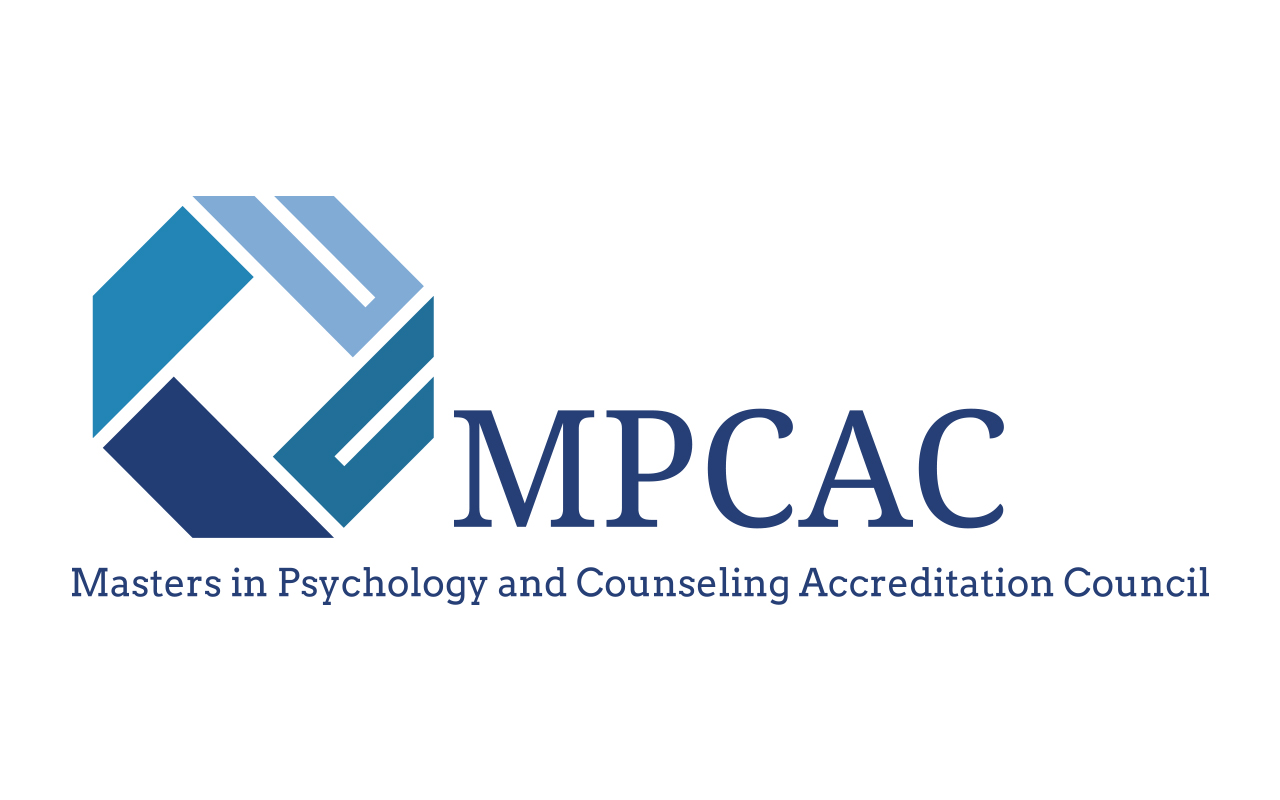Assumption’s Clinical Counseling Psychology Program Receives Extended Accreditation

Assumption University’s Clinical Counseling Psychology graduate program has received an extended accreditation from the Masters in Psychology and Counseling Accreditation Council (MPCAC). The program, which received an initial two-year accreditation in December 2018, is now accredited through December 2028.
“This extended national accreditation from MPCAC is a great honor and source of pride for our program,” said Leonard Doerfler, Ph.D., director of the program at Assumption. “Our faculty work tirelessly to provide the best possible experience for our students, who work extremely hard on their coursework and in their internships. This recognition of our high-caliber program is well-deserved, and Assumption University will continue to prepare our students to serve those in the greatest of need in their communities.”
The Master of Arts in Clinical Counseling Psychology program trains future counselors to treat individuals with a range of disorders such as ADHD, depression, and substance misuse, among others. Assumption University’s program meets the rigorous educational requirements for licensed Mental Health Counselors in Massachusetts, fully integrating Cognitive Behavioral Therapy (CBT) theory and practice across the curriculum. Grounded in the foundations of the Catholic faith, the program emphasizes social justice and community service perspectives.
In its 2018 report, MPCAC lauded Assumption for its strong commitment to learning, highlighting the scientist-practitioner model, as well as the comprehensive training provided to students in the program, making them highly sought-after individuals upon graduation.
The MPCAC is a highly regarded accreditation organization with a strong mission to “accredit academic programs that provide science-based education and training in the practice of counseling and psychological services at the master’s degree level, using both counseling andpsychological principles and theories as they apply to specific populations and settings.”
